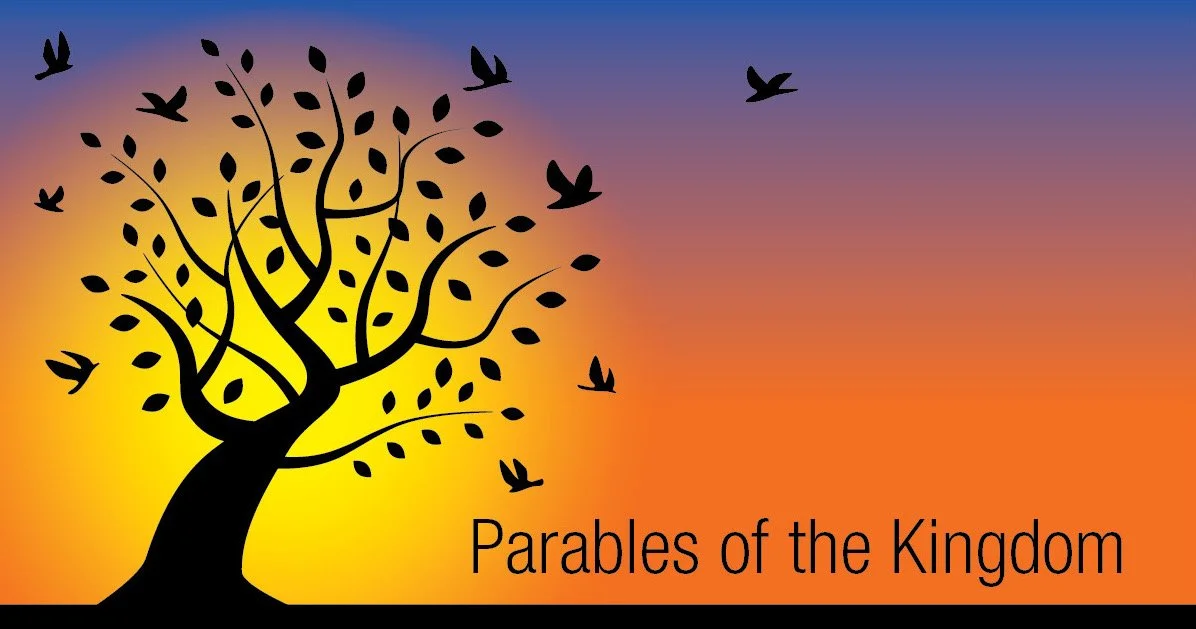Many people say no one should ever claim to have the one, true religion. But what if the gospel is not only not the oppressive threat many people think it is? What if, instead, it’s actually the only thing that can really create a world of true justice and peace?
The presence of evil and suffering in this world is still one of the most powerful arguments against faith in an all-loving, all-powerful creator. We want to make sense of it. Even more, we want to find freedom from it. Is that possible? And if so, how?
What if the only solution for the oppression, abuse, and injustices of the church isn’t the removal of the church, but the renewal of the church? One of the best ways to get a vision for the future of the church is to get a clearer picture of the very first church. This passage helps us do that.
This passage contains the first explicit proclamation of the gospel of Jesus. So if we want to understand what the gospel really means, there is no better place to look.
In our culture, spirituality is hot. Church is not. But what if real spirituality is impossible to experience apart from Jesus and the church he called into being? This passage helps us by showing us what it means to be filled with the Holy Spirit.
Jesus had gone back to heaven. It seemed like the end. But then his disciples were reminded of what they needed to go on. It could be just what you need, too.
The first Christians were a minority movement of social, cultural, and religious outsiders with zero political power. Yet within 30 years, they turned the world upside down. How? It all begins in this passage.
We live in a world where many believe in God or spiritual reality, but what feels more real to us is all the pressures, anxieties, and discouragement of what we call “the real world.” How does that change? In this passage, Jesus leads us through the path of transformation.
To have a name is to be a person: a unique self with meaning and dignity. Evil is anything that distorts and destroys your personhood. It erases your name. But in this passage, we see how Jesus restores it back to us.
Faith healing is a real thing. And it isn’t magic, unless you put your faith in someone other than Jesus. This passage considers the significance of vulnerability, prayer, and gratitude in healing.
With this question, Jesus doesn’t ask whether we have faith. He assumes we do. That might sound counterintuitive to many, but this passage takes us deeper into the real nature of faith.
We live in a weeping world, because everything we love is always dying. But we also live in a seeking world, because we long for something that cannot be touched by death. How does the resurrection of Jesus address this struggle?
“Why have you forsaken me?” Jesus didn’t ask this question of a human being. He asked it of God. What does it mean? To look at the cross is to come face to face with something we don’t want to look at, but desperately need to.
It’s hard to face the pain and negativity of our lives and this world. We want things to be smooth, including spirituality. But Jesus offers us a way through the pain to something far greater.
With this week’s question Jesus confronts our fear of suffering in order to set us free. Join us as we continue to explore questions that Jesus asked.
We all need to know not only that we are worthy of love and belonging, we need to know why. The woman in this story, and Jesus’ question about her, give us a new way of seeing others by giving us a new way of seeing ourselves.
To be human is to long for more than we currently experience and to be more than we currently are. In this passage, Jesus asks a question that brings us to the very heart of our longing for something more.
Why would Jesus do so much of his teaching by means of parables, which are so hard to understand? In this passage, Jesus shows us the counter-intuitive, yet deeply healing, answer.
We modern people struggle greatly with the idea of God’s judgment. But in this parable, Jesus shows us that unless we allow God to be a God of judgment, then he cannot be the God of love we so desperately desire.





















